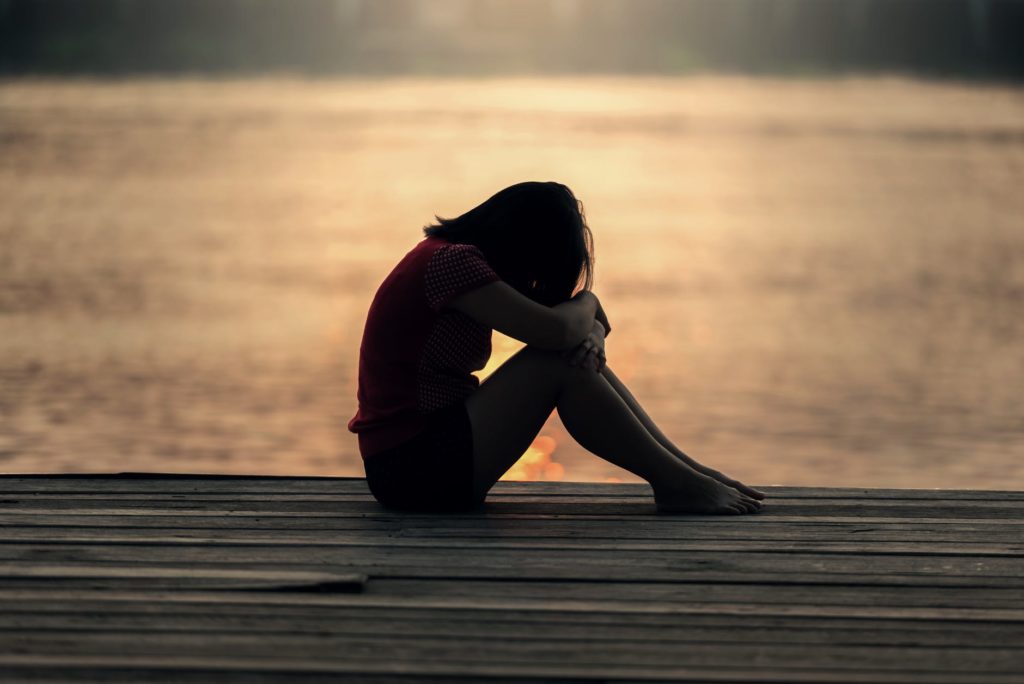In today’s fast-paced world, mental health struggles often go unnoticed or misinterpreted. You might feel persistently low for years or suddenly overwhelmed by a deep sadness. But what are you really experiencing? Is it major depression or something more chronic and subtle? Let’s unpack the key differences between Depression vs Dysthymia, and understand why getting the right help matters—especially with expert guidance from Evolve Psychiatry.
Understanding the Basics
Before we dive deep into the comparison, let’s define what we’re talking about.
-
Major Depressive Disorder (MDD), often simply called depression, is a serious mental health condition characterized by intense sadness, hopelessness, fatigue, and a loss of interest in activities. These episodes typically last for at least two weeks but can stretch out for months if untreated.
-
Dysthymia, also known as Persistent Depressive Disorder (PDD), is a form of chronic depression that lasts for two years or more. It’s less intense than MDD but more enduring, creating a long-term fog of low mood that can interfere with daily life.
Both conditions are real. Both deserve attention. But they are not the same.
Spotting the Signs: How Do They Feel Different?
Major Depression can feel like a sudden storm. It may come on rapidly and bring along symptoms such as:
-
Intense sadness or emptiness
-
Loss of interest in things you once enjoyed
-
Trouble sleeping or sleeping too much
-
Fatigue or low energy
-
Feelings of worthlessness or guilt
-
Thoughts of death or suicide
It often disrupts your ability to work, socialize, and even take care of yourself.
Dysthymia, on the other hand, is like a constant drizzle. It may not feel as intense, but it lingers for years. You may experience:
-
Low self-esteem
-
Chronic fatigue
-
Poor concentration or decision-making difficulty
-
Feeling “down” most days
-
Irritability
-
Social withdrawal
You might be functioning—going to work, paying bills—but inside, it feels like you’re walking through life with a weight on your shoulders.
Depression vs Dysthymia: Key Differences
While they may seem similar, there are critical distinctions when comparing Depression vs Dysthymia:
| Feature | Major Depression | Dysthymia |
|---|---|---|
| Duration | At least 2 weeks | At least 2 years |
| Intensity | Severe and disabling | Mild to moderate, but persistent |
| Onset | Often sudden | Often starts in childhood or adolescence |
| Symptoms | May include suicidal thoughts | Often doesn’t reach suicidal ideation but can coexist with MDD |
| Functioning | Often impaired | Functional but with consistent low mood |
Why It Matters
Understanding the difference between Depression vs Dysthymia is not just about labeling—it’s about taking the right steps toward healing. Misdiagnosis can lead to ineffective treatment. Dysthymia, because it’s subtle, often goes unnoticed or is brushed off as “just being tired” or “just my personality.”
But it doesn’t have to be this way.
When to Seek Help
Whether you’re dealing with sudden depressive episodes or a long-term low mood, one thing is clear: You deserve support.
If you’ve been feeling low for weeks, months, or even years, don’t wait. Reach out. Get evaluated by a mental health professional who takes the time to understand your journey—not just your symptoms.
At Evolve Psychiatry, our team listens, assesses, and crafts a care plan tailored to your needs. We help you recognize patterns, identify the root causes, and take real steps forward.
You don’t need to face this alone.
Real Stories, Real Struggles
One of our clients, Sarah, described living with dysthymia for over a decade before seeking help.
“I just thought I was lazy. I didn’t realize I was carrying this cloud every day. Once I started therapy, things finally made sense. I wasn’t broken—I was just unwell. And I got better.”
Another client, James, battled major depression after losing a loved one:
“It hit me like a truck. I couldn’t get out of bed for days. Evolve Psychiatry helped me create a roadmap—small steps, medications, therapy. It saved my life.”
Take the First Step Today
If you’ve been wondering about your mood, ask yourself: Is this just a phase—or has this been my normal for too long?
Understanding Depression vs Dysthymia can be the first step in reclaiming your emotional well-being. Whether you’re feeling lost in the fog of dysthymia or crushed by the weight of major depression, help is within reach.
Let Evolve Psychiatry walk with you toward clarity, strength, and healing.
Don’t wait. Take action. Start your journey today.
Final Thoughts
Mental health is a journey, not a destination. Knowing the difference between Depression vs Dysthymia empowers you to ask the right questions and seek the right care. You don’t have to settle for “just okay” or survive each day barely functioning.
Life can feel better. And with the right help, it will.
Let Evolve Psychiatry be your guide in this path to mental wellness.









